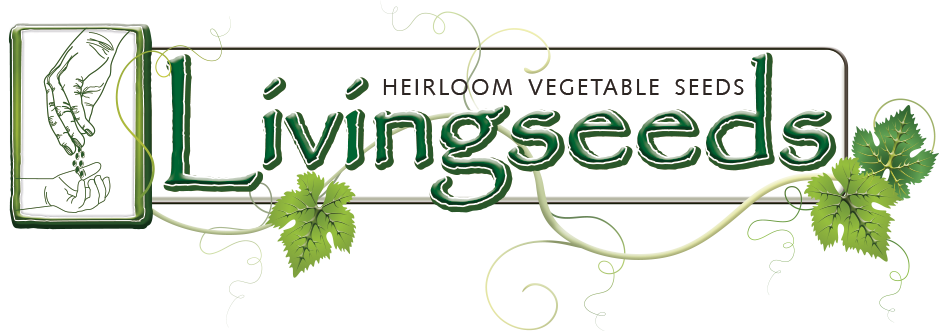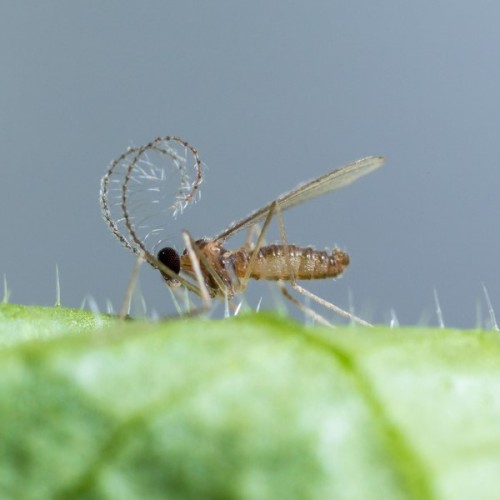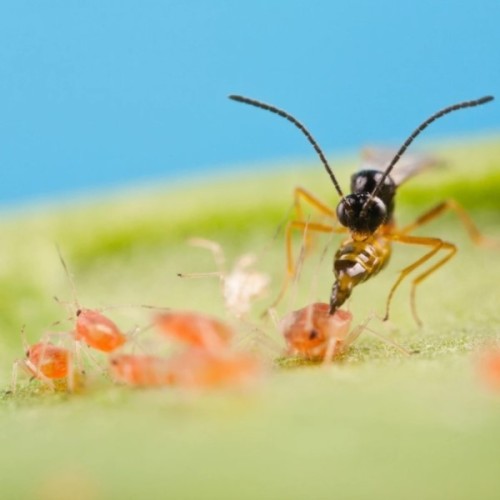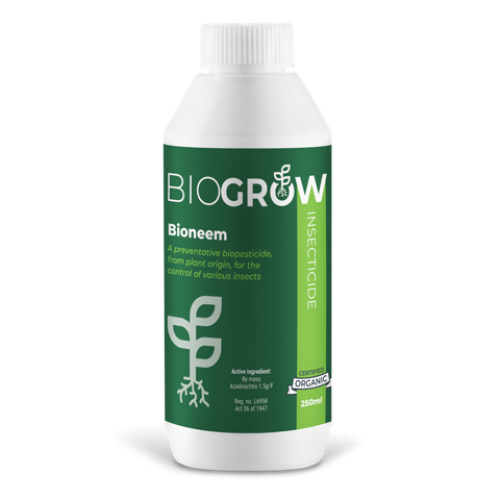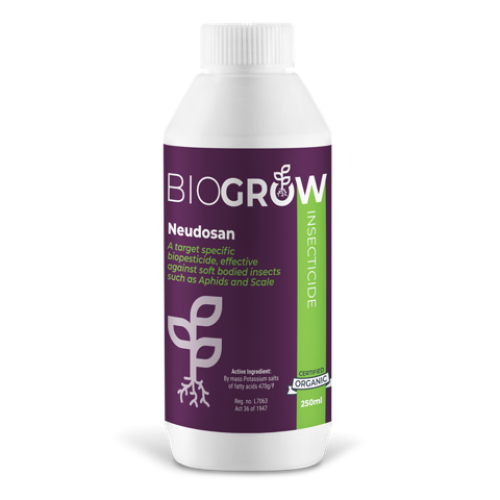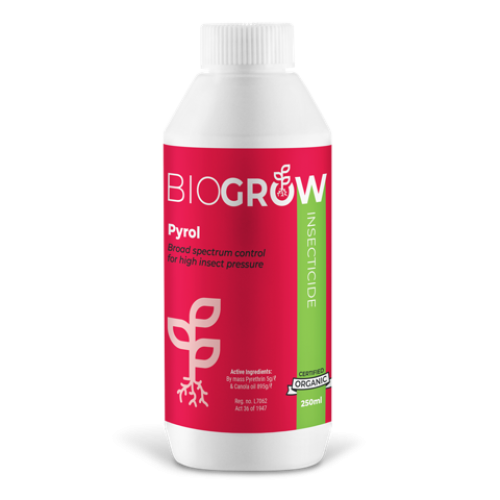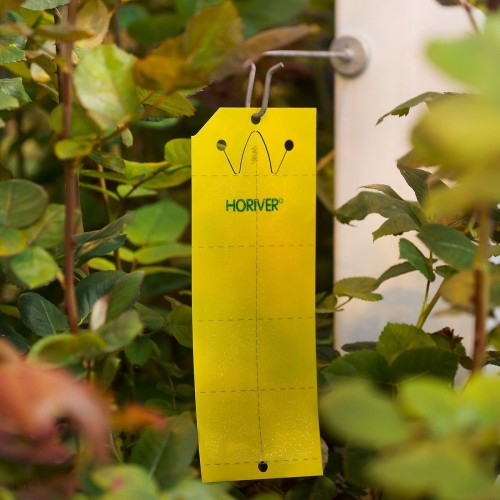Aphids
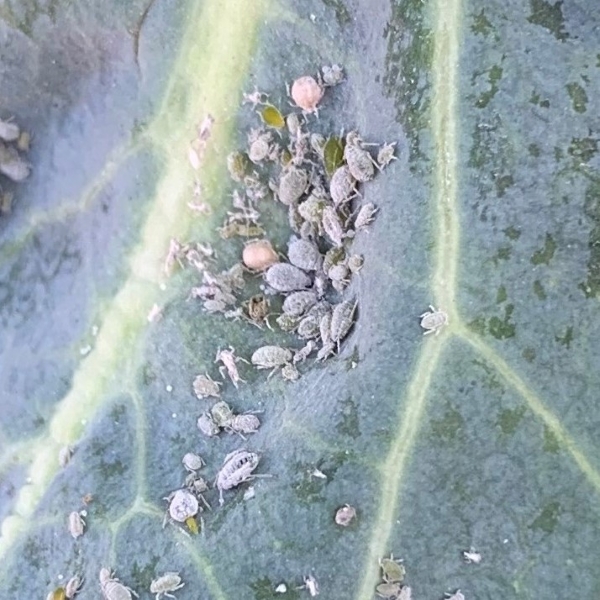
Aphids, or plant lice, are tiny sap-sucking insects that thrive on new plant growth, often colonizing the tender undersides of leaves and the tips of stems. They appear in clusters and reproduce at astonishing rates, especially during warm weather, with many species giving live birth to clones. Their feeding stunts plant growth, deforms leaves, and can lead to yellowing or curling foliage. Perhaps more alarmingly, aphids are efficient vectors of plant viruses, spreading diseases with ease across your garden.
Combatting aphids effectively requires a holistic approach. Trying to eliminate established colonies once they have exploded can be time-consuming and frustrating. Preventative biological controls and early interventions are far more economical and effective than repeated crisis responses. Relying solely on reactive sprays means racing against their rapid reproduction, often with limited success.
Start by keeping the garden balanced: avoid excessive nitrogen fertilisation, which promotes the kind of soft, lush growth aphids love. Encourage early beneficial insect presence, prune out heavily infested plant tips, and reduce surrounding weed hosts. Importantly, suppressing ants that tend aphids for their honeydew helps natural predators establish. Proactive measures include releasing beneficial insects as soon as aphids are spotted, or better still, before their arrival.
-
Beneficial Insects
-
Aphidend (Aphidoletes aphidimyza): Tiny midge whose larvae feed aggressively on aphids; best used in humid conditions and mild temperatures.
-
Aphipar (Aphidius matricariae): A parasitoid wasp that injects eggs into aphids; ideal for preventative use, with visible aphid mummies after 2 weeks.
-
Aphidalia (Adalia bipunctata): Two-spotted ladybird; voracious predator of aphids in all life stages; excellent for hotspots.
-
-
Traps/Monitoring
-
Yellow Sticky Cards: Essential monitoring tool for early detection of winged aphids; helps time predator releases.
-
-
Organics (BioGrow)
-
Neudosan: Insecticidal soap that desiccates aphids on contact; non-toxic to beneficials when used correctly.
-
Pyrol: Fast-acting natural pyrethrin and canola oil formulation; kills on contact, ideal for heavier infestations.
-
Bioneem: Slows aphid development and reproduction; best used in combination with Pyrol for long-term control.
-
Aphidend
Aphidoletes aphidimyzaAphidoletes aphidimyza is a midge that has been introduced to control aphids s..
R731.83
Aphidius - Aphipar
Target Pests:Primarily the following:Myzus persicae Green peach aphidMyzus nicotianae Tobacco aphidA..
R381.73
Biogrow Bioneem
Biogrow's Bioneem is a botanical biopesticide made from the seeds kernels of the Neem tree. The act..
R170.21
Biogrow Neudosan
Neudosan is formulated using potassium salts of fatty acids. A natural organic contact insecticide t..
R142.91
Biogrow Pyrol
Pyrol is a certified organic, broad spectrum, contact insecticide that kills all stages of insects. ..
R229.38
Sticky Cards
These cards are a very cost effective way to monitor and assist in the monitoring and control of ad..
R131.08
